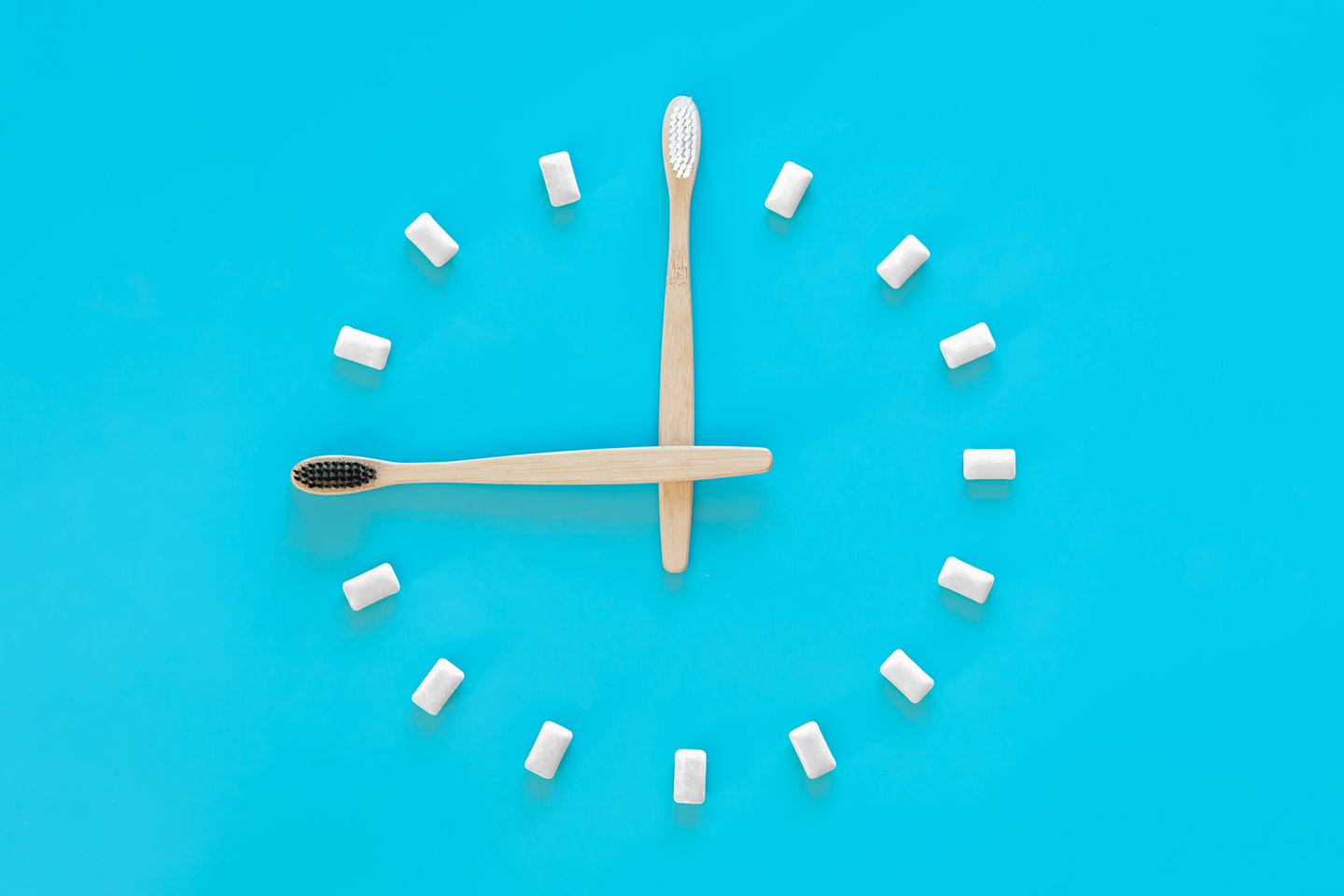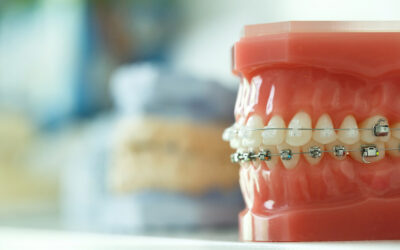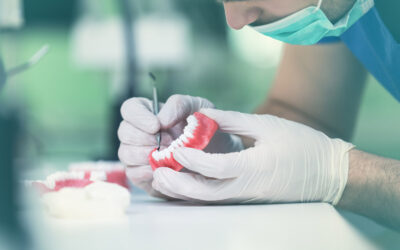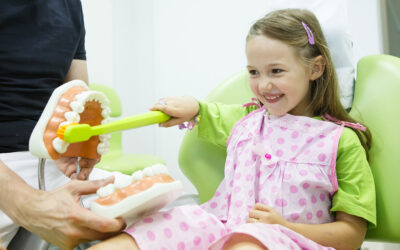How Long After Teeth Cleaning Can I Eat?

Regular teeth cleaning is crucial for oral hygiene, preventing dental issues, and removing plaque and stains. The timing of eating after a teeth cleaning depends on the procedure and personal comfort.
After regular cleaning, you can typically eat right away, while after a deep cleaning, it’s advisable to wait for an hour and opt for a soft diet if needed.
Eating After Regular Teeth Cleaning
Timing:
- In most cases, you can eat immediately after a regular teeth cleaning
- The cleaning process does not typically require numbing agents or invasive treatments that would affect your ability to eat
Sensitivity:
- Some people may experience temporary sensitivity after a cleaning, particularly if they have gum recession or exposed tooth roots
- In such cases, it may be more comfortable to wait until the sensitivity subsides before eating
Eating After a Deep Cleaning
Timing:
- After a deep cleaning procedure, your gums may be slightly tender and sensitive
- It is advisable to wait for at least an hour or until the numbness from any local anesthesia has worn off before eating
Soft Diet:
- After a deep cleaning, it may be beneficial to stick to a soft diet for the first few days
- Soft foods like soups, yogurt, mashed potatoes, smoothies, and cooked vegetables can be easier to consume and more gentle on your gums
Immediate Post-Teeth Cleaning Recommendations
After a teeth cleaning, dental professionals advise patients to wait at least 30 minutes before eating or drinking and to brush and floss gently to prevent gum irritation. It is also recommended to avoid the following:
- Hot foods
- Cold foods
- Sticky and hard foods
- Acidic foods
- Sugary foods
- Beverages to prevent sensitivity
- Staining substances like coffee or red wine
Be sure to follow any specific instructions given by the dentist regarding oral care products or techniques.
On the other hand, it is recommended to opt for soft and gentle options such as:
- Yogurt
- Soup
- Mashed potatoes
- Smoothies
- Steamed vegetables
- Soft fruits to prevent discomfort and protect your teeth.
It is also important to consult with your dental professional for more personalized advice.
Time Frame for Eating After Teeth Cleaning
The time frame for eating after teeth cleaning can vary based on individual factors and the extent of the cleaning procedure, with typical waiting times ranging from 30 minutes to 1-2 hours.
Dentists provide varying recommendations, considering factors such as personal dental health, sensitivity, and discomfort. It’s important to follow the specific guidance given by your dentist.
Signs of Readiness to Eat After Teeth Cleaning
After teeth cleaning, signs of readiness to eat include the following:
- Return of sensation in the mouth
- Reduction of anesthesia effects
- The absence of bleeding or discomfort
When you can feel normal sensations, regain control in your mouth, and experience no bleeding or discomfort, it indicates that you are ready to resume eating. However, individual experiences may vary, so it’s advisable to consult with your dentist for specific guidance regarding when it is safe to eat after teeth cleaning.
Maintaining Oral Health After Eating
To maintain oral health after eating, follow a post-meal oral care routine including:
- Proper brushing techniques
- Using mouthwash
- Regular flossing
It’s important to avoid harmful habits such as smoking, chewing hard objects, and neglecting oral hygiene practices.
By adopting these practices, you can preserve your oral health and reduce the risk of dental issues, while regular dental check-ups and cleanings are also crucial for comprehensive oral care.
FAQs (Frequently Asked Questions)
Can you eat after getting your teeth cleaned?
Yes, you can eat after getting your teeth cleaned, but it’s recommended to wait for at least 30 minutes to allow the fluoride treatment to fully absorb.
How long after a teeth cleaning can I drink and eat?
You can drink and eat immediately after a teeth cleaning, but it’s best to avoid consuming anything hot, sticky, or staining for the first 24-48 hours.
What not to do after cleaning teeth?
After cleaning teeth, avoid consuming hot or staining foods and drinks, and refrain from smoking, drinking alcohol, or using a straw for the next 24-48 hours.
Can I eat after teeth cleaning and filling?
Yes, you can eat after teeth cleaning and filling, but it’s advisable to wait for the anesthesia to wear off and avoid chewing directly on the filled tooth for a few hours.
Can I drink water after brushing my teeth?
Yes, you can drink water after brushing your teeth. In fact, it’s recommended to rinse your mouth with water after brushing to remove any remaining toothpaste.
Can I eat pizza after brushing my teeth?
It’s generally fine to eat pizza after brushing your teeth, but it’s advisable to wait for at least 30 minutes to allow the fluoride from toothpaste to take effect.
Can I brush my teeth after deep cleaning?
You can brush your teeth after deep cleaning, but it’s important to be gentle and avoid brushing vigorously in the treated areas to prevent irritation.
Can I eat ice cream after scaling?
You can eat ice cream after scaling, but it’s recommended to wait for a short period to allow any sensitivity to subside.
What food and drinks to avoid after teeth cleaning?
After teeth cleaning, it’s best to avoid consuming foods and drinks that are hot, sticky, or staining, such as coffee, tea, red wine, and berries.
Can I drink cold water after brushing my teeth?
Yes, you can drink cold water after brushing your teeth. It can help freshen your breath and rinse away any remaining toothpaste.
How long does a teeth cleaning take?
The duration of a teeth cleaning appointment can vary, but it typically takes around 30 minutes to an hour, depending on the individual’s oral health.
What foods stain teeth?
Foods that can stain teeth include coffee, tea, red wine, dark berries, tomato sauce, soy sauce, and balsamic vinegar.
Conclusion
Maintaining good oral hygiene through a post-meal routine, heeding dental professional advice, and recognizing the connection between oral health and overall well-being is crucial. By following these practices, one can prevent dental issues, improve overall health, and achieve a healthy smile.



